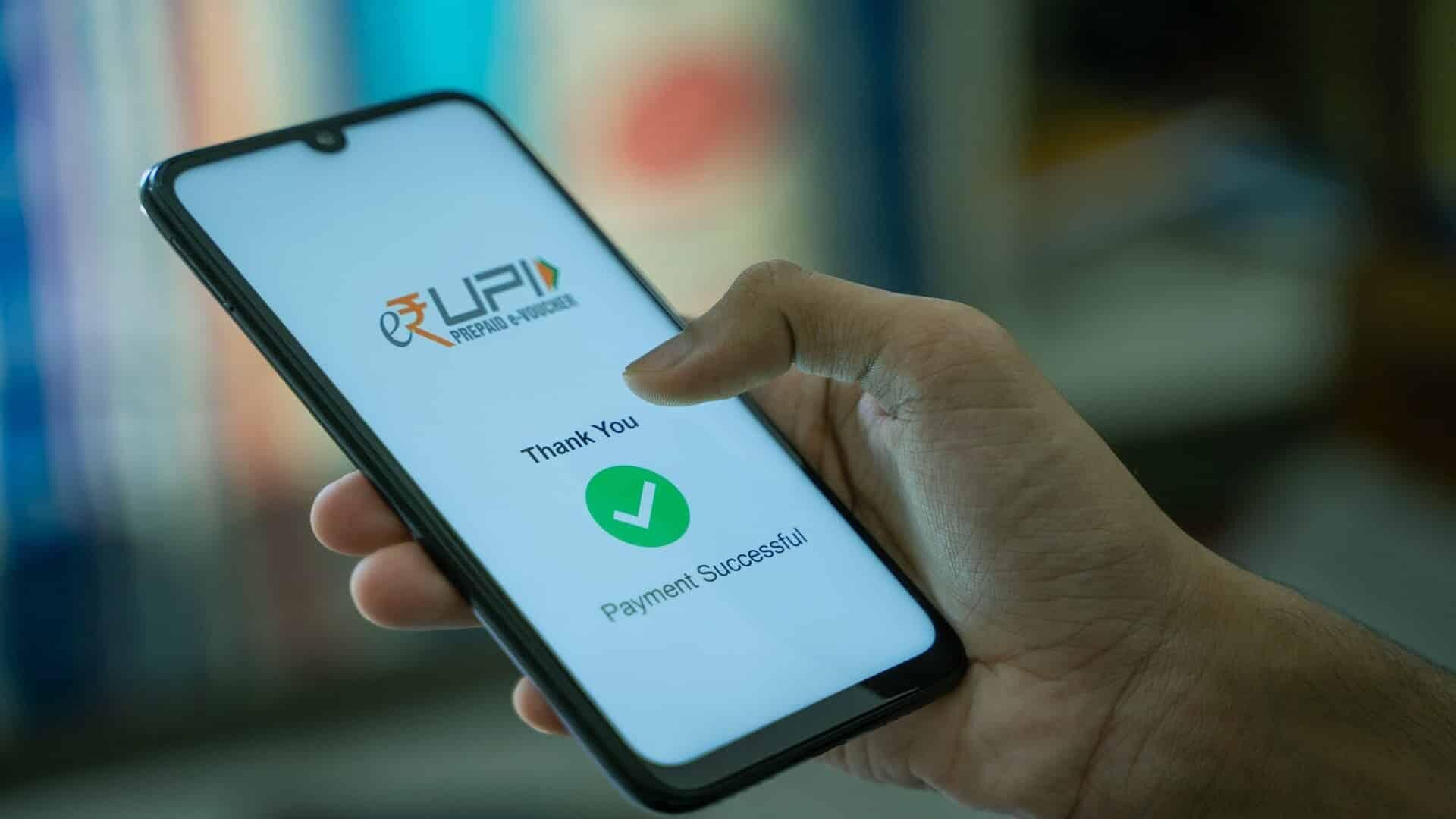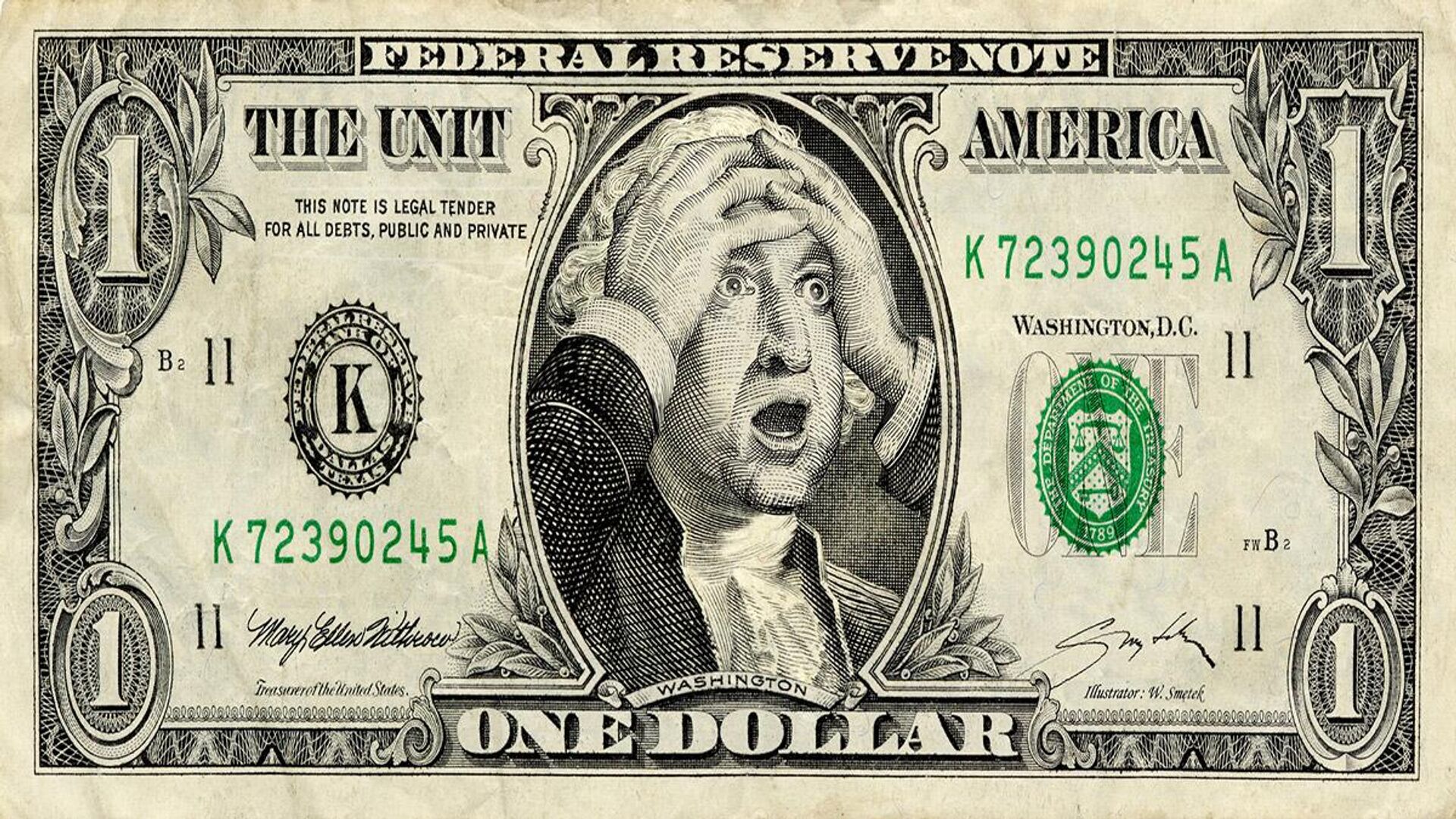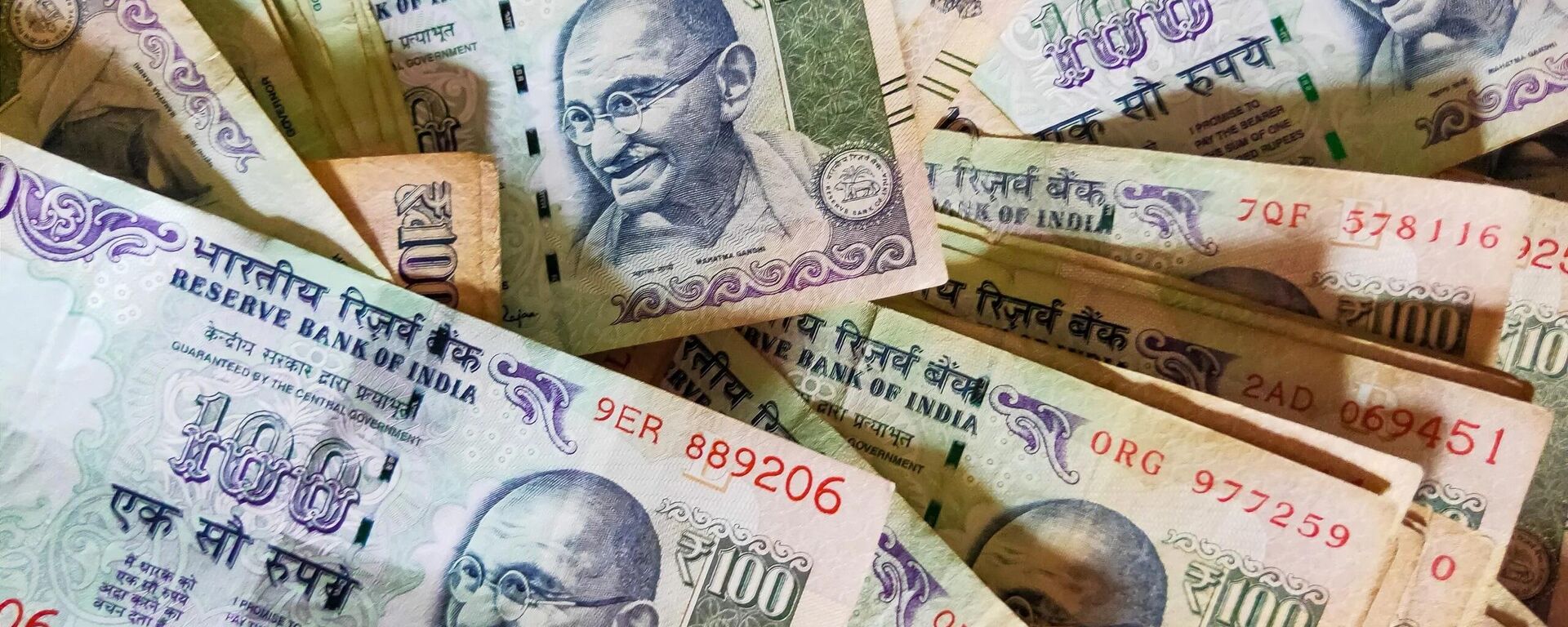https://sputniknews.in/20240511/can-india-save-african-currencies-from-us-interest-rates-7344534.html
Can India Save African Currencies from US Interest Rates?
Can India Save African Currencies from US Interest Rates?
Sputnik India
India aims to establish a balance between the Indian rupee and the currencies of its partner nations, facilitating transactions through a dedicated system. This approach eliminates the need for Western currencies, benefiting Africa and other nations involved.
2024-05-11T13:42+0530
2024-05-11T13:42+0530
2024-05-11T13:42+0530
rajnath singh
india
africa
us
african union
ministry of external affairs (mea)
trade corridor
free trade agreement (fta)
trade barriers
rupee-rouble trade
https://cdn1.img.sputniknews.in/img/07e7/02/15/954774_0:0:1920:1080_1920x0_80_0_0_d814d32b1c3f3503c880a2b5ae4cfdb7.jpg
Most currencies in sub-Saharan Africa have depreciated against the US dollar, leading to increased inflationary pressures across the continent due to rising import costs.This situation, coupled with a slowdown in economic growth, presents policymakers with difficult choices as they navigate the delicate balance between controlling inflation and supporting an ongoing but fragile recovery.Meanwhile, India has taken steps to expand its Unified Payments Interface (UPI) to several African countries, including Ghana, Tanzania, Namibia, Nigeria and Kenya.In addition to the rollout of UPI, discussions have been held on local currency settlement arrangements. These initiatives hold the promise of fostering stronger economic ties between India and Africa.Navigating Currency Volatility: Africa's Economic Challenges in a Global EconomyIn recent months, Nigeria has been struggling with a severe economic downturn marked by nearly 30% annual inflation and a significant devaluation of its currency.The Nigerian naira has reached unprecedented lows against the US dollar on both the official and unofficial foreign exchange markets, plummeting to nearly 1,600 to the dollar on the official market, in stark contrast to its value of around 900 at the beginning of the year.Moreover, according to Bhatia, “another noteworthy issue is the insufficient resources available to African states for governance, development, climate transition, technology transition, and other purposes. This scarcity presents a substantial challenge”.India's Strategic Approach: Facilitating Direct Trade with Africa Using Rupee-backed SystemSingh suggested that one way to mitigate the risk was through direct trade, like India using the rupee.He explained that India was ready to introduce a rupee-backed trading system, allowing countries to use rupees earned from exports to cover import costs. Noting Africa's absence of a unified economic system, Singh mentioned India's collaboration with interested countries on a bilateral basis to implement such arrangements.The strategy that has been implemented by India, Bhatia pointed out that is proving effective and has two key components: "Firstly, there is a global promotion effort to highlight the relevance of India's digital stack, a suite of digital applications, for other countries in the Global South. This was particularly emphasized during India's presidency of the G20”.“Secondly, the focus shifts to the implementation phase, involving technology transfer and facilitating access to UPI facilities. As more UPI services reach the African population, they will recognize its cost-effectiveness in overcoming banking limitations. Just as India benefits from these initiatives, so too will these countries” Bhatia noted.Diversifying Currency Transactions: India-Africa Relations Beyond Dollar Dependency“India and Africa stand to benefit from transactions not denominated in dollars or other hard currencies, which tend to appreciate over time. For instance, if Africa borrows $1,000 today and has to repay it in eight years, not only will they need to cover the interest, but also account for any depreciation of their currency against the dollar” Singh declared."However, if they engage in direct transactions with India using rupees, they would simply pay in rupees. Even if the Indian currency depreciates against the dollar by, say, 5 to 7% over eight years, the overall repayment burden is reduced," Singh said.The second initiative India has been actively pursuing over the past few years involves conducting trade transactions using local currencies, meaning the national currency of each respective country."This initiative aims to establish parity between the Indian rupee and the currencies of various partner nations" Bhatia advised.This approach, according to Bhatia, “offers significant cost savings by eliminating transaction fees and permissions associated with using foreign currencies. This initiative is gradually expanding its reach and coverage, indicating its potential as the future of trade transactions”.
https://sputniknews.in/20240505/dedollarisation-in-progress-india-ghana-discuss-local-currency-settlement-pact-7289513.html
india
africa
us
Sputnik India
feedback.hindi@sputniknews.com
+74956456601
MIA „Rossiya Segodnya“
2024
Swapna Nair
https://cdn1.img.sputniknews.in/img/07e7/09/12/4320104_0:0:681:681_100x100_80_0_0_ca8a7d4d582609272840ffdd1cde7278.jpg
Swapna Nair
https://cdn1.img.sputniknews.in/img/07e7/09/12/4320104_0:0:681:681_100x100_80_0_0_ca8a7d4d582609272840ffdd1cde7278.jpg
News
en_IN
Sputnik India
feedback.hindi@sputniknews.com
+74956456601
MIA „Rossiya Segodnya“
Sputnik India
feedback.hindi@sputniknews.com
+74956456601
MIA „Rossiya Segodnya“
Swapna Nair
https://cdn1.img.sputniknews.in/img/07e7/09/12/4320104_0:0:681:681_100x100_80_0_0_ca8a7d4d582609272840ffdd1cde7278.jpg
sub-saharan africa, us dollar, inflationary pressures, rising import costs, economic growth, policymakers, inflation, unified payments interface (upi), african nations, ghana, tanzania, namibia, nigeria, and kenya, local currency settlement, india, africa, local currency settlement pact, foreign currencies, trade transactions, india, africa, global economy, internal economies, dollars or euros, ambassador gurjit singh, former indian ambassador to ethiopia and the african union, also the chair of cii task force on asia africa growth corridor (aagc) , nigeria, u.s. dollar, foreign exchange markets, african currencies, unified payments interface (upi), sub-saharan africa, ambassador rajiv bhatia, former indian ambassador to kenya and south africa, also the cii’s international advisory council, trade policy council and africa committee, governance, development, climate transition, technology transition, global south, g20, african population, banking limitations, african projects, rupees, currency depreciation, dollar, trade transactions
sub-saharan africa, us dollar, inflationary pressures, rising import costs, economic growth, policymakers, inflation, unified payments interface (upi), african nations, ghana, tanzania, namibia, nigeria, and kenya, local currency settlement, india, africa, local currency settlement pact, foreign currencies, trade transactions, india, africa, global economy, internal economies, dollars or euros, ambassador gurjit singh, former indian ambassador to ethiopia and the african union, also the chair of cii task force on asia africa growth corridor (aagc) , nigeria, u.s. dollar, foreign exchange markets, african currencies, unified payments interface (upi), sub-saharan africa, ambassador rajiv bhatia, former indian ambassador to kenya and south africa, also the cii’s international advisory council, trade policy council and africa committee, governance, development, climate transition, technology transition, global south, g20, african population, banking limitations, african projects, rupees, currency depreciation, dollar, trade transactions
Can India Save African Currencies from US Interest Rates?
India aims to create a balance between the Indian rupee and the currencies of its partner nations, facilitating transactions through a dedicated system. This approach eliminates the need for Western currencies, benefiting Africa and other nations involved.
Most currencies in sub-Saharan Africa have depreciated against the US dollar, leading to increased inflationary pressures across the continent due to rising import costs.
This situation, coupled with a slowdown in economic growth, presents policymakers with difficult choices as they navigate the delicate balance between controlling inflation and supporting an ongoing but fragile recovery.
Meanwhile, India has taken steps to expand its Unified Payments Interface (UPI) to several African countries, including Ghana, Tanzania, Namibia, Nigeria and Kenya.
In addition to the rollout of UPI, discussions have been held on local currency settlement arrangements. These initiatives hold the promise of fostering stronger economic ties between India and Africa.
Local currency settlement agreements, if implemented, could reduce the reliance on foreign currencies for trade transactions and promote stability and efficiency in trade between India and Africa.
Navigating Currency Volatility: Africa's Economic Challenges in a Global Economy
“The vagaries of the international economy do impinge on African countries who are then challenged for macro-economic structuring of their internal economies. If all transactions are conducted in dollars or euros, countries may struggle to repay their loans when their currencies depreciate," Ambassador Gurjit Singh, Former Indian ambassador to Ethiopia and the African Union, also the Chair of CII Task Force on Asia Africa Growth Corridor (AAGC) told Sputnik India.
In recent months, Nigeria has been struggling with a severe economic downturn marked by nearly 30% annual inflation and a
significant devaluation of its currency.The Nigerian naira has reached unprecedented lows against the US dollar on both the official and unofficial foreign exchange markets, plummeting to nearly 1,600 to the dollar on the official market, in stark contrast to its value of around 900 at the beginning of the year.
“The depreciation of African currencies compared to the dollar is a significant concern. In this context, the two initiatives mentioned by India, namely local currency transactions and the
Unified Payments Interface (UPI), hold relevance and possess the potential to greatly aid the economies of Sub-Saharan Africa”, Ambassador
Rajiv Bhatia, Former Indian Ambassador to Kenya and South Africa, also the CII’s International Advisory Council, Trade Policy Council and Africa Committee told Sputnik India.
Moreover, according to Bhatia, “another noteworthy issue is the insufficient resources available to African states for governance, development, climate transition, technology transition, and other purposes. This scarcity presents a substantial challenge”.
India's Strategic Approach: Facilitating Direct Trade with Africa Using Rupee-backed System
Singh suggested that one way to mitigate the risk was through direct trade, like India using the rupee.
He explained that India was ready to introduce a rupee-backed trading system, allowing countries to use rupees earned from exports to cover import costs. Noting Africa's absence of a unified economic system, Singh mentioned India's collaboration with interested countries on a bilateral basis to implement such arrangements.
The strategy that has been implemented by India, Bhatia pointed out that is proving effective and has two key components:
"Firstly, there is a global promotion effort to highlight the relevance of India's digital stack, a suite of digital applications, for other countries in the Global South. This was particularly emphasized during India's presidency of the G20”.
“Secondly, the focus shifts to the implementation phase, involving technology transfer and facilitating access to UPI facilities. As more
UPI services reach the African population, they will recognize its cost-effectiveness in overcoming banking limitations. Just as India benefits from these initiatives, so too will these countries” Bhatia noted.
Regarding debt stress in Africa, according to Singh, “While borrowing is restricted, securing investment to cover borrowing needs isn't straightforward. Therefore, if India provides loans for African projects, it's advisable for Africa to borrow in rupees. This strategy helps insulate against currency depreciation, ensuring better repayment terms when currencies depreciate against the dollar”.
Diversifying Currency Transactions: India-Africa Relations Beyond Dollar Dependency
“India and Africa stand to benefit from transactions not denominated in dollars or other hard currencies, which tend to appreciate over time. For instance, if Africa borrows $1,000 today and has to repay it in eight years, not only will they need to cover the interest, but also account for any depreciation of their currency against the dollar” Singh declared.
"However, if they engage in direct transactions with India using rupees, they would simply pay in rupees. Even if the Indian currency depreciates against the dollar by, say, 5 to 7% over eight years, the overall repayment burden is reduced," Singh said.
The second initiative India has been actively pursuing over the past few years involves conducting trade
transactions using local currencies, meaning the national currency of each respective country.
"This initiative aims to establish parity between the Indian rupee and the currencies of various partner nations" Bhatia advised.
Once this parity is achieved, Bhatia highlighted that "transactions can be conducted through a specific mechanism, bypassing the need for intermediaries such as the dollar or other Western currencies”.
This approach, according to Bhatia, “offers significant cost savings by eliminating transaction fees and permissions associated with using foreign currencies. This initiative is gradually expanding its reach and coverage, indicating its potential as the
future of trade transactions”.




